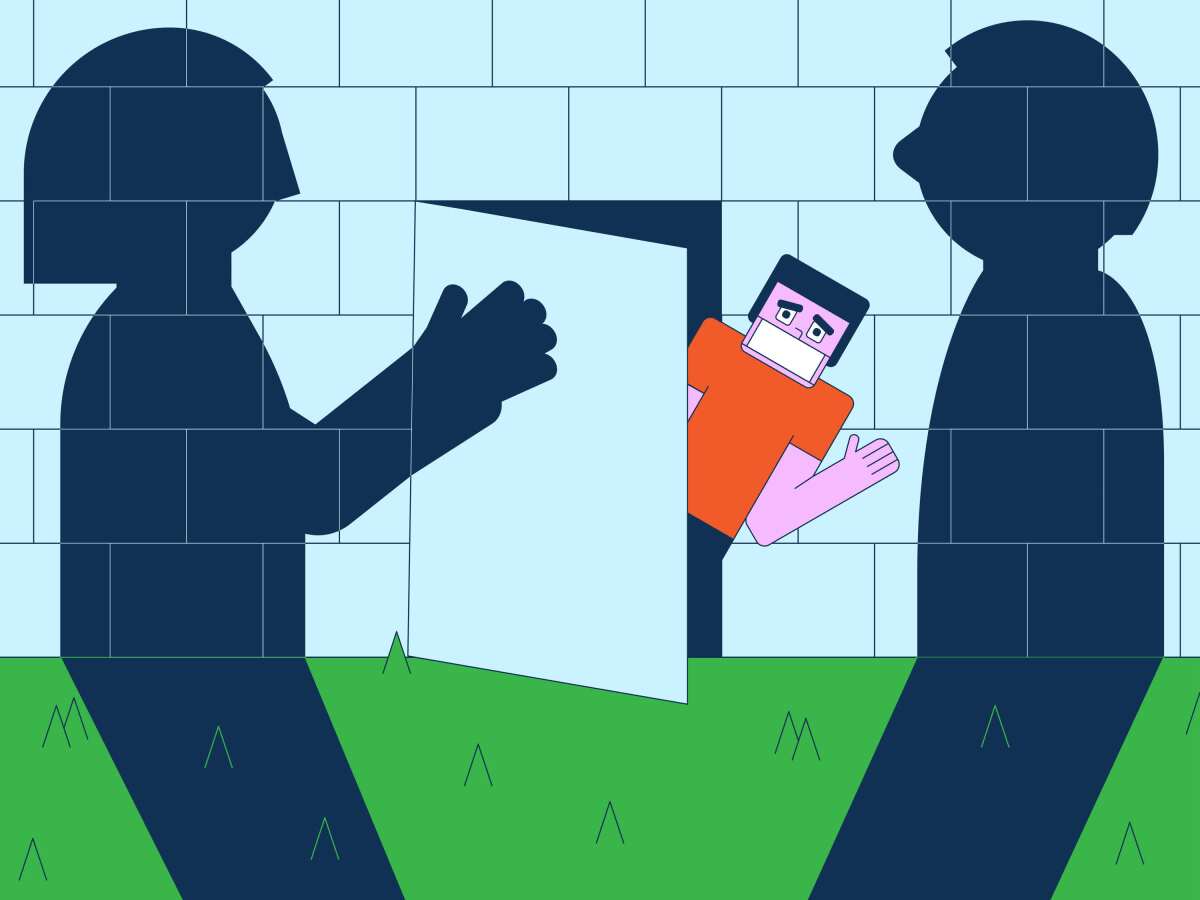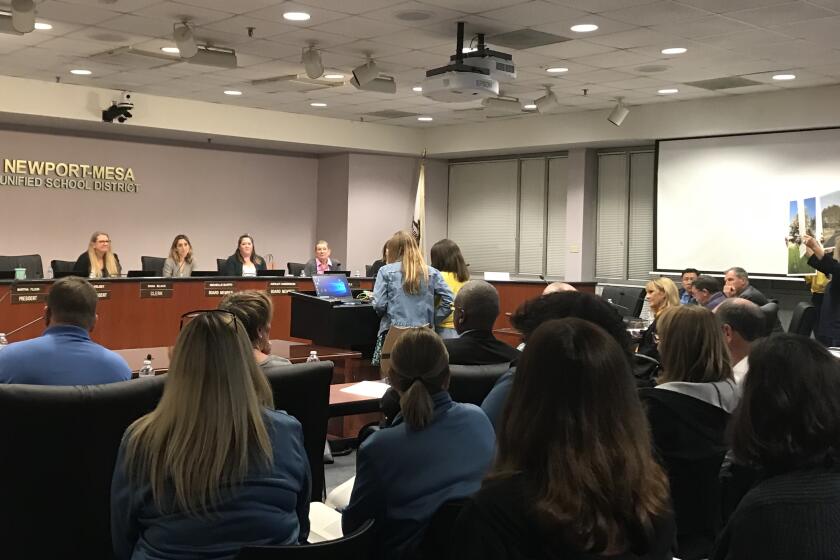Apodaca: The pandemic has taken a toll on already stressed relationships

My house in Newport Beach had a couple of leaky windows that we managed to ignore for a long time. They only bothered us during heavy, driving rainfall, a rare occurrence in drought-plagued Southern California. So the problem was easy to overlook.
A similar dynamic is also at play in regard to some of our relationships. We may have been aware of cracks and weak spots, but most of the time we discounted them because our affection outweighed our differences. If there were rough patches, we tried to get past them so that we might live in harmony with friends and family members.
But then the storm came in the form of a virus, and now the dynamic has changed. I’d wager that nearly all of us feel it. Nearly two years into the coronavirus pandemic, we are increasingly realizing that the damage wrought by COVID-19 extends far beyond the toll on physical health.
Too often recently we have seen that those cracks in our relationships — the ones we could previously gloss over or agree to disagree about — have become chasms so wide and deep that many of us don’t see a way across.
It wouldn’t be wrong to view this divide as one between the vaccinated and the unvaccinated. But I also suspect that there’s more to it than that, and that people are also reacting negatively to what they believe the choices made during the pandemic have exposed about those in their social and familial spheres.
I know this seems bleak, but it is the major takeaway from my informal survey of acquaintances during the past few weeks. I have been reaching out to people, asking about their thoughts, plans and concerns about the holiday season, given that we are at this strange, midway point at which we have passed the dark days of a year ago but haven’t yet returned to what we consider completely normal.
The responses I received were revealing and a bit surprising.
I had expected that people would tell me about their anxieties and worries, yes, but that they would also express relief and hopefulness considering that we are in a better place than a year ago and can reasonably expect continued improvement. I thought I would hear more about compromises and contingency planning for Christmas and New Year’s celebrations.
Often through no fault of their own, school boards have become the latest flashpoint in our nation’s culture wars.
But I had underestimated how deeply the pandemic has impacted relationships. My questions unearthed a well of sadness, disappointment and, in some cases, the feeling that ties between some people might be permanently frayed.
In hopes of unpacking some of this, I returned to a couple of the mental health professionals that I interviewed in the early days of the pandemic. Back then, they expressed concern about the consequences of long periods of social isolation.
One of those experts, Dennis Greenberger, a clinical psychologist and the founder and director of the Anxiety and Depression Center in Newport Beach, cautioned at the time that “fault lines are going to be exposed.”
How right he was.
When I caught up with Dr. Greenberger recently, he said he has also observed that many people are particularly on edge because of the holidays.
“People are communicating sadness and distress over political views and cultural differences and whether others are vaccinated or not,” he said. “It’s wrenching.”
The anxiety that he has noticed closely resembles grief, he said, and likely will require a similar approach in order to heal and get to a healthier place. He recommends a process that goes by the acronym “RAIN”: recognize your feelings, accept those feelings, investigate what is driving those feelings, and nurture yourself while also trying to show compassion to others.
When undergoing this process, a person might ultimately conclude that they must end a certain relationship. But it’s also OK to feel ambivalence about that decision, Greenberger said.
Walking away “doesn’t take away from the goodness you once had.”
Shanna Farmer, a Newport Beach-based licensed marriage and family therapist and an associate clinical professor at UC Irvine’s School of Medicine, has found that many people have been downplaying their anxiety out of a sense of shame or because they consider it wrong to talk about their problems when the whole world is enduring pandemic-related hardships.
“I think some people have been suffering in silence.”
The fact that so much of our communication has been relegated to online conversations has exacerbated the pressure and has sometimes led to misunderstandings, she said. People lost a sense of connection for an extended period of time, and their only contact with some friends and relatives might have been through social media posts that emphasized their most extreme or controversial viewpoints.
Add to that the fact that many families have been dealing with sickness, substance abuse issues and even the loss of loved ones during the pandemic, and the stress has piled on.
“You have to really try to mindfully navigate through it,” she said.
As we look to the holidays and beyond, some of us might decide that the cracks in some of our relationships might be too big to fix. Others might find a way to repair the damage.
Either way, it’s clear that many of us are hurting, and that’s a problem that shouldn’t be ignored even as the COVID storm abates.
All the latest on Orange County from Orange County.
Get our free TimesOC newsletter.
You may occasionally receive promotional content from the Daily Pilot.





